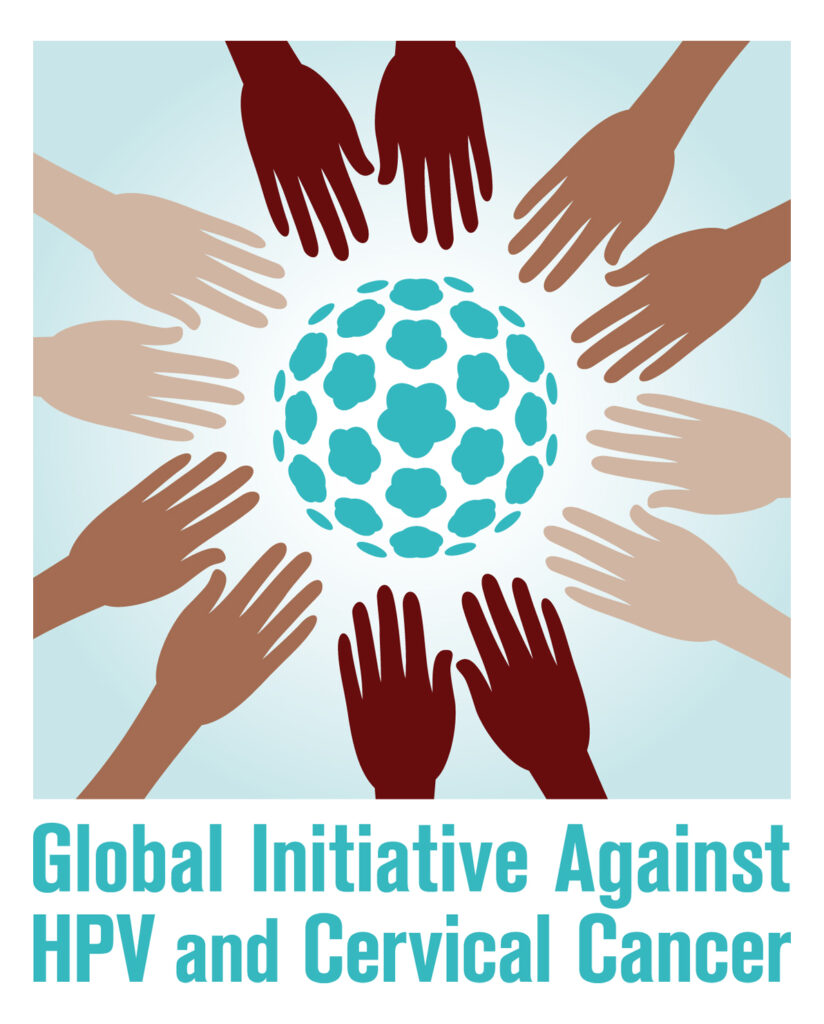


RBC carries out its mission in collaboration with partner organisations and individuals.


Cervical cancer can be prevented by vaccinating girls against HPV and screening and treating women for pre-cancerous lesions.
Rwanda already provides HPV vaccinations to all girls between the ages of 11 and 15.
However, many women born before the immunization program began are not protected and screening rates among this group remains low.
In order to be one of the first countries to eliminate cervical cancer, the government is now piloting
Cervical cancer can be prevented by vaccinating girls against HPV and screening and treating women for pre-cancerous lesions.
Rwanda already provides HPV vaccinations to all girls at the age of 12. The government is now piloting a screen-and-treat program at health centres to catch lesions before they become cancerous.
Cervical cancer is the most common cancer among women in Rwanda. It is caused by a virus called the human papillomavirus or HPV. We can prevent cervical cancer with simple tools such as the HPV vaccine and screening the cervix for disease.
HPV is short for human papillomavirus. HPV causes 99% of cervical cancers.
HPV is spread both sexually and no-sexually, though sexual transmission is the most common route.
Most HPV infections clear up on their own and people don’t even know they have it.
However, certain strains of HPV can cause lesions on the cervix, some of which will turn cancerous if not quickly identified and treated.